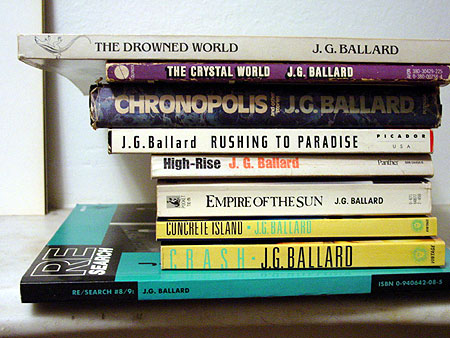Sean Penn to play Larry Fine in Farrelly Brothers Three Stooges movie. This interminable Onion AV Club thread makes that blood-curdling announcement somewhat palatable, with frequent typing of "multiple face slaps," "nyuk nyuk nyuk" and the requisite "Spread out!" Boys, boys.
Moe: So you think you can make flapjacks, eh?
Larry: I don't think. I know.
Moe: I don't think you know either.
and
It's one thing to be the full blown idiot Curly was and bring the constant wrath of Moe down upon you, but it's one step further to defend that idiocy...and thereby challenge the leadership of Moe. If that doesn't deserve multiple slaps across the face and a little hair yanking, I don't know what does.

